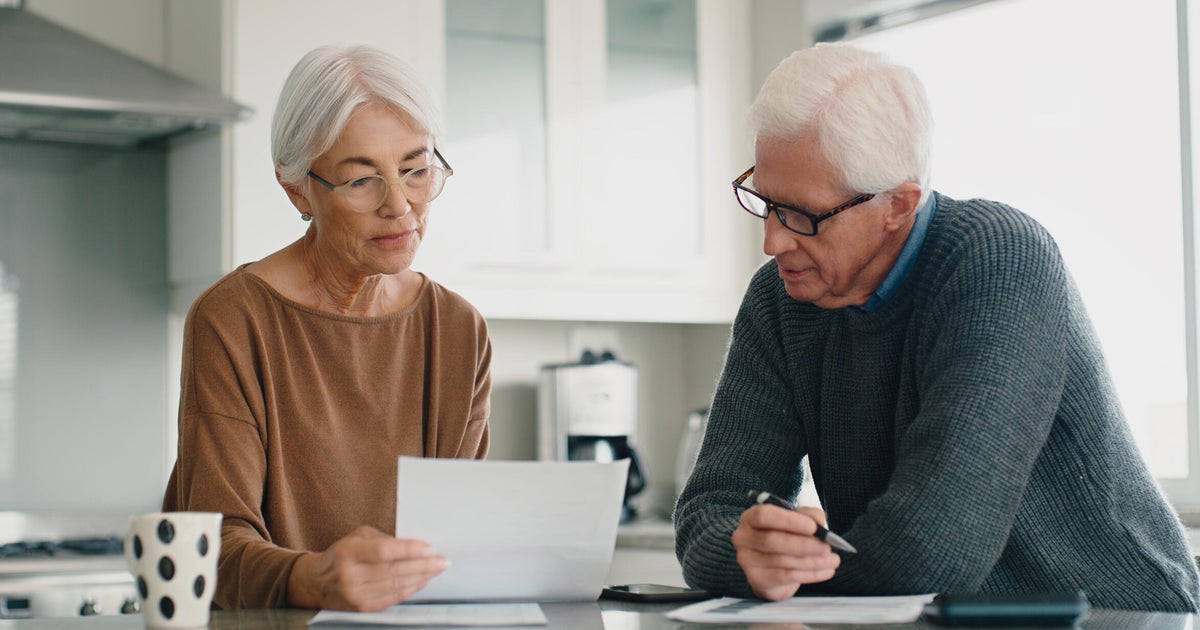

No response returned

While the is doing well and there are encouraging signs that the economy is rebounding, there are still significant concessions Americans have to make now. just rose for the second consecutive month, keeping everyday expenses high. That also pushes out the potential for interest rate reductions further, resulting in higher borrowing costs on everything from credit cards to personal loans and mortgages. Add in the fact that millions of Americans are still recuperating from the of recent years, and, understandably, many are looking for new ways to make ends meet.
For seniors, many of whom are reliant upon limited budgets comprised of and retirement funds, these concerns are more prevalent. Fortunately, a , which provides consistent payments to homeowners 62 and older, can help bridge that gap. Payments here are made directly to the homeowner from the accumulated and will only need to be repaid in the event of the home's sale or the death of the owner. In today's unique economic climate, however, there are some important reverse mortgage dos and don'ts worth examining before getting started. Below, we'll examine four to know now.
.
Here are four important reverse mortgage dos and dont's seniors should know before getting started with an application now:
A reverse mortgage is withdrawn from what is likely your most important financial asset – your home. So use it strategically and not just as an extra funding source in today's economy unless it's truly needed. If you can't pay your bills, medical expenses, or more, then a reverse mortgage is worth pursuing. If you can, however, and just want to have it with no clear intended use planned, you may be better off taking a second look at your finances instead.
.
A reverse mortgage can be provided via a lump sum or monthly payments, or as a revolving line of credit. Take the time, then, to evaluate how you want (and need) the funds disbursed. Getting set up with the wrong payment type could be costly, as it could leave you shortchanged when you need the funds most, or, conversely, with a lump sum of money you're tempted to use that you didn't need all at once. In other words, avoid getting set up with the wrong payment type, especially in today's economy, when it's easier than usual to tap into an additional income stream.
If you're , you'll be eligible for a reverse mortgage, but that doesn't mean you should automatically disqualify yourself from alternative home equity borrowing options, either. With interest rates on and materially lower than credit cards and personal loans now, either could give you access to your home equity at an affordable cost. And, when you pay those back, your home's value will be complete, versus depleted with the reverse mortgage. To better determine the true worth of a reverse mortgage now, then, consider a side-by-side comparison with your other home equity borrowing options.
You may have a paid-off home with plentiful equity to withdraw from but a reverse mortgage isn't always quick and effortless. Borrowers are typically expected to complete reverse mortgage counseling to help them better navigate the borrowing process, something that's not required with a home equity loan, HELOC or even . This doesn't mean that a reverse mortgage still isn't your most applicable option but it does mean that the process may be more time-consuming than anticipated.
A reverse mortgage can be a valuable financial tool for seniors, especially in today's hard-to-predict economic climate. By familiarizing themselves with these timely but important dos and don'ts, seniors can more accurately determine if a reverse mortgage is the funding option they truly need right now or if they're better served by exploring alternatives and, in some instances, maintaining their existing financial approach.




